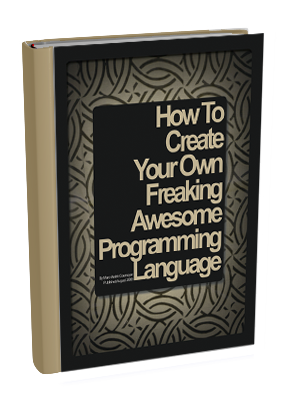The exact Facebook cover photo sizes for desktop and mobile, find out how to create a perfect cover photo, and get inspired by winning Facebook cover photo ideas and examples.
Juggling multiple social media accounts is like spinning plates on a high wire. One wrong move and it could all come tumbling down.
How do you stay active on multiple social media networks — especially as a creator or a small business owner? This article shares seven strategies you can use (with software recommendations in between) to manage multiple social media accounts effectively.
1. Create templates for repeatable post formats
Do you know what the most efficient social media managers and creators do? They create templates for post formats they plan on using more than once. Let’s say you post a ‘social proof post’ every Tuesday. Create an easily-editable template on Canva (or any other software of your choice) that you can edit in a jiffy.
Templates not only help you manage multiple accounts better but also increase the familiarity and recall value of your social media content. It also helps reduce the mental load of coming up with fresh and unique ideas daily. You have a repeatable post format you can lean into that you already know performs well.
An example: Brand designer and content creator, Sandra K. often shares similar FRIENDS-themed carousel designs on her Instagram account.
Imagine how quick it would be to create similar posts. All you have to do is swap the content and adjust the graphics a little bit if needed. Everything else is already done. Managing multiple accounts suddenly becomes much more efficient when you have templates in your back pocket.
2. Mix content curation in your social media calendar
Ever saw one of those posts from social media marketers collating and sharing others’ content? It has commonalities — like the collection is an advice around the same topic or top posts from the same thought leader. That is content curation. It’s when you organize information — not necessarily created by you — in a digestible way for your audience.
Posting curated content is easier than creating content from scratch. You don’t need to think of social media post ideas and whip up graphics or videos. It takes far less mental energy. While your strategy can’t thrive on curated content alone, it’s good in moderation.
Mix curated content with original content. It will allow you to not only manage multiple social media accounts and post everywhere consistently but also create a content series that your audience will look forward to.
For example, at Buffer, we curate the top content from our marketing efforts and social media world in our weekly newsletter.
3. Crosspost and repurpose your existing content
Crossposting is when you post the same piece of content across multiple social media platforms. For example, Laura Whaley posted the same video across different platforms — on Instagram, TikTok, and YouTube Shorts.
You can easily do this for social media platforms that support the same type of content. For example, Instagram Reels, TikTok videos, and YouTube Shorts all love short-form video content.
Suppose you’re managing multiple social media accounts — you started with Instagram and are now adding TikTok. You can cross-post the Instagram Reels that performed well on TikTok without any edits.
This is the benefit of having tested the waters with one network at a time — you already have a content library to build on for other networks.
Content repurposing is when you use your existing content to create net new content. For example, we repurposed our long-form article about brands using Threads well into an Instagram carousel.
Repurposing allows you to create content of various social media posts from just one piece of content. You don’t have to start from scratch every time — which is a huge win for anyone managing multiple social media accounts. You can turn your:
- Long-form written content into Instagram Carousels or X threads or LinkedIn posts
- YouTube’s long-form videos into short-form videos for Instagram and TikTok
- Research reports into Instagram and Pinterest infographics
- …And so much more
4. Automate some tasks of your social media process
Social media automation is outsourcing the boring, repetitive, but necessary tasks of your social media plan to software. Scheduling posts using social media tools is a part of automation. There are several other tasks you could automate to make managing multiple accounts easier:
- Use social media management software to schedule posts for all your accounts
- Use social media analytics tools to measure your performance
- Use chatbots to answer the most common customer queries
- Use AI tools to refine your social media captions
- …And so much more
An example: Using Buffer’s AI assistant, you can change the tone of your social media captions to be more formal, casual, funny, etc.
Jot down every single task you have to do to manage multiple accounts — everything from finding content ideas to actual content creation for different social media platforms & different audiences. Then, try to find tools that can help you automate these tasks or at least make you more efficient in completing them.
5. Create a solid social media strategy and content calendar
The foundation of your social media success is having a solid social media strategy — that ultimately dictates your content calendar.
Having a social media strategy means you know your:
- Target audience and their pain points
- Various social media networks your audience is active in
- Social media goals and how they fit into your business goals
- The social media content you can create to meet your audience’s needs
Your social media strategy will help you create an actionable social media content calendar. It enables you to fit your content creation into a timeline and maintain a consistent publishing schedule. You know what post should go live on which social network at what time and why — the crux of managing multiple social media accounts efficiently.
6. Use social media management tool
The easiest and most well-known hack to manage multiple social media accounts efficiently (without pulling your hair out) is to use a social media management platform. Most social media management tools help you:
- Add multiple accounts from multiple social media platforms
- Schedule social media posts in advance from your content calendar
- Manage the engagement on all your accounts — including comments, direct messages (DMs), etc.
- Have analytics tools and reporting tools built-in to measure the impact of your social media content and let it guide the refinement of your strategy
Social media management software is common among social media managers because, more often than not, they can bear the cost of these tools.
But if you need a free (or more affordable) social media management software to manage multiple social media accounts, the best choice is Buffer.
You can connect up to three social media channels at no cost and schedule ten posts per month across social media networks. Even when you upgrade, the cost is just $6/month/channel for scheduling unlimited posts.
Plus: You get access to other cool features like an AI assistant, a landing page builder, and an Ideas board.
There’s no better social media management software than Buffer for creators and small business owners who need something useful, affordable (or free), and easy to use. Try it today.
Using a social media management tool is the most straightforward way to manage multiple social media accounts without missing a beat. As soon as you have a social media strategy, shortlist your ideal social media management software. Choose something that can scale with your needs and supports all the networks you plan to be on.
7. Join new social media platforms slowly and with intention
You want to manage multiple social media accounts, but why? It’s tempting to be everywhere all at once. But jumping into multiple social networks simultaneously with no preparation can lead to creator burnout. If you’re planning to handle multiple social accounts right from day one, rethink your approach.
First: Narrow down the social media sites your audience uses. If you’re in D2C, your ideal social media channels might be TikTok and Instagram. However, if you’re in B2B sales, your target audience’s social media channels of choice might be Twitter (now X) and LinkedIn.
Different audiences use different platforms to discover new products and services. Don’t assume you know this without doing upfront research. Ask your existing audience how they found you and which social network they browse to learn about new products in your niche.
It’s also important to note that your audience might be on multiple networks, but they aren’t always in the buying mindset on each social media site.
For example, if you sell shampoos, your target audience might still scroll LinkedIn. But they aren’t there to learn about your product. They'll scroll away if they see your ad campaigns or organic social content on LinkedIn. But on TikTok, they are in the buying mindset toward shampoos and might visit your website and make a purchase.
Let’s say you learned that your audience discovers products or services like yours on Instagram, TikTok, and Pinterest. Instead of starting multiple social media accounts on all these networks simultaneously, tread slowly.
For example, you start by creating content on Instagram. In a few months, you learn the ropes of what works best on this site and get comfortable creating and maintaining an editorial calendar for Instagram. Now, introduce TikTok and go through the same process. Going slow and steady will help you in three ways:
- You won’t overwhelm yourself trying to manage multiple social media accounts all at once
- You can transfer the general learnings of one social media network to another to avoid repeating the same mistakes (and growing faster!)
- You will already have a backlog of content library to repurpose and/or repost to a new social media account on a new network
To manage multiple social media accounts without losing your mind, you need to add new platforms slowly and intentionally. No one says you need to jump onto managing multiple social media accounts at the same time. There are only benefits to moving in an unhurried manner and only risks in moving too fast.
Manage multiple social media accounts with ease
Managing multiple social media accounts is no joke. You not only have to create content for multiple social media accounts but also learn their algorithms, social media users preferences, and engagement strategies. This isn’t a cakewalk for even a dedicated social media team.
So first, pat yourself on the back if you’re trying to manage multiple accounts as a creator with a million other jobs or even if you’re a team of one social media manager. You’re probably working harder than you think!
Then, try to pick out at least three tactics from above that could help you right now. If you already have social media platforms in place, for instance, then perhaps you need more strategies to help with content creation — like building templates and curating content.
And remember: Managing multiple social media accounts gets easier with time! You add tools to your stack, become more efficient at creating content, and build a knack for doing things at whip speed. As cheesy as it sounds, you got this!
Recommended Story For You :
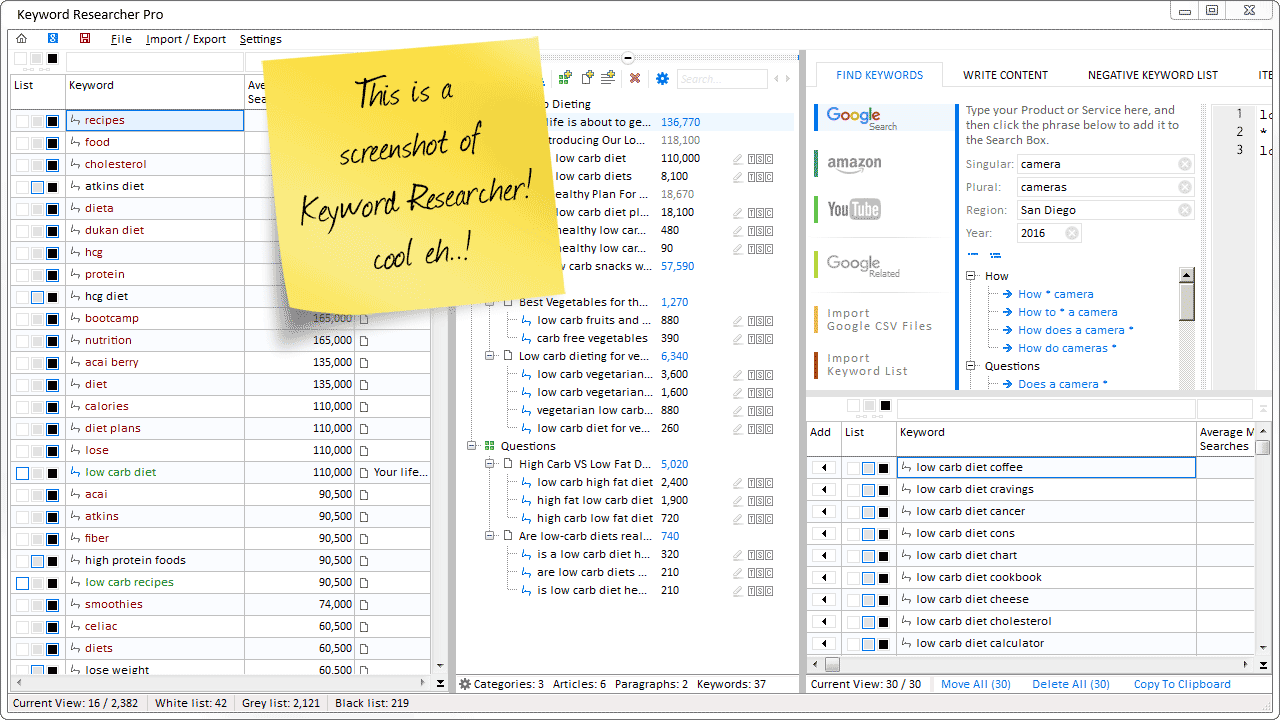
Organize Keywords and Import CSV Files from the Google Keyword Planner
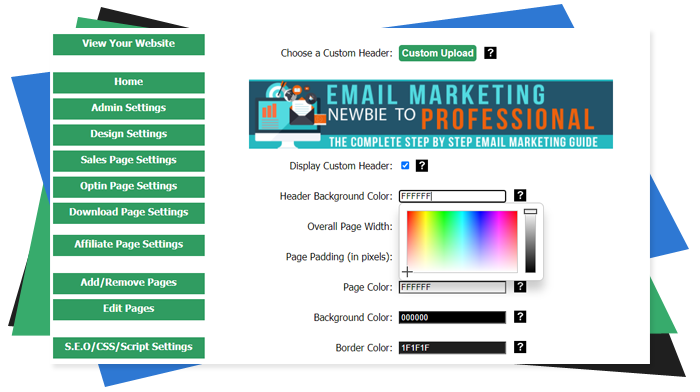
The Most Affordable And Easiest User Friendly Page Builder You Will Ever Use!

Instant WordPress Theme That Matches Your Website
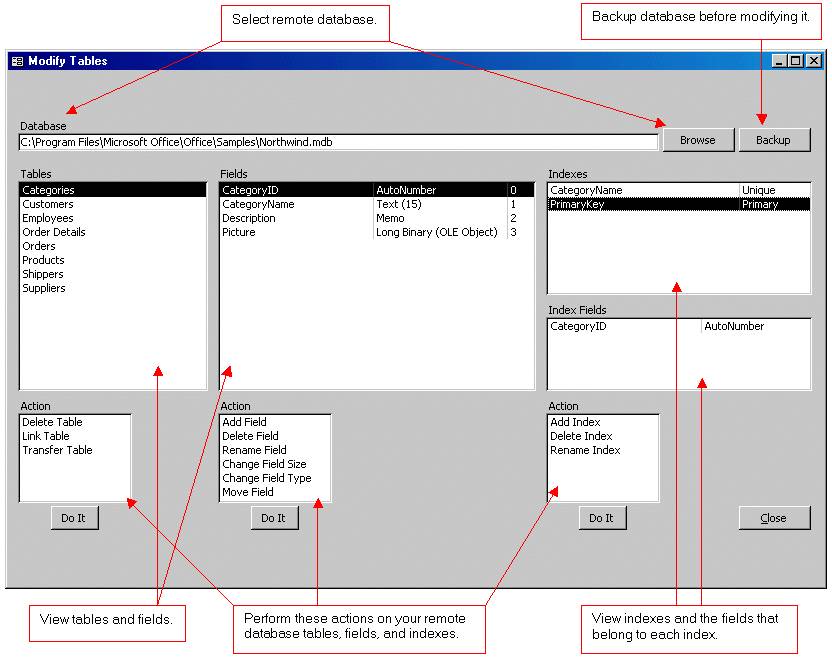
Wizard to Manage Remote Backend MS Access Database Tables Fields and Indexes

If you had an aisle-by-aisle grocery list wouldn't you spend less money on impulse items?

everything you need to create a professional corporate look mini-site is there.

Unlock Your Networking Potential with GNS3Vault
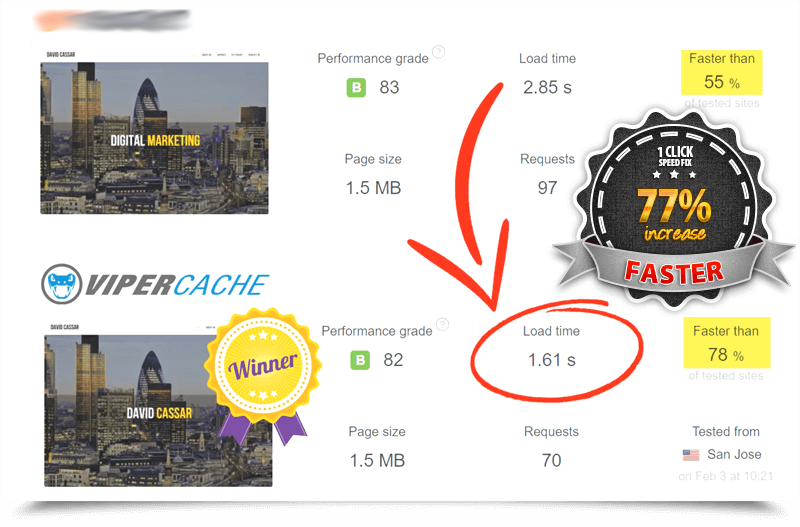
Viper Cache Was 77% Faster Than The Competetion

Understanding Stock Market Shorting eBook
